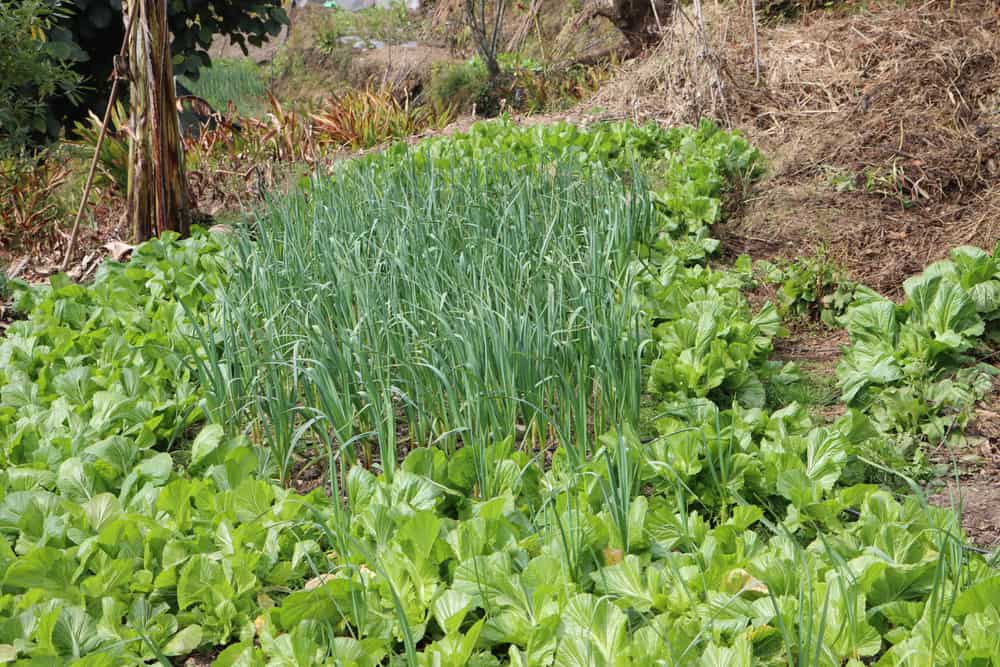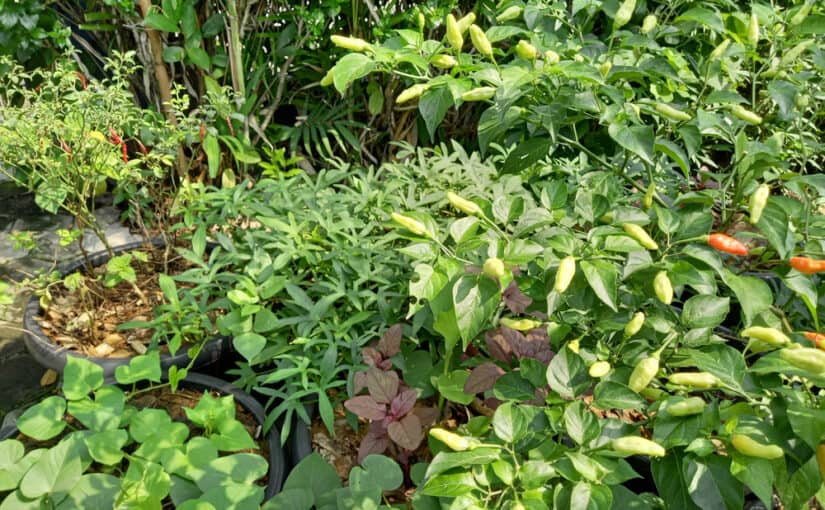Polyculture is an agricultural system that incorporates more than one species of plant or animal in the same space. In other words, it’s the opposite of monoculture, which is the practice of growing a single crop in an agricultural field.
Polyculture has a number of advantages over monoculture. For one thing, it leads to greater biodiversity, which is important for the health of both ecosystems and human populations.
Studies have shown that polyculture farms are also more efficient than monoculture farms, since the different plants and animals can support each other and help each other to thrive.
If you’re interested in learning more about polyculture and why it matters, read on.
What are the Advantages of Polyculture?
As we mentioned above, polyculture has a number of advantages over monoculture. Let’s take a closer look at some of these advantages.
Greater Biodiversity
One of the most important advantages of polyculture is that it leads to greater biodiversity. This is important for two reasons. First, biodiversity is essential for the health of ecosystems. Second, biodiversity is essential for the health of human populations.
A healthy ecosystem is one that can support a wide variety of plant and animal life. When an ecosystem is healthy, it’s better able to withstand environmental changes and disturbances – such as floods, droughts, and disease outbreaks. A diversity of plant and animal species also helps to ensure that there will be food available in times of stress or scarcity.
Human populations also benefit from greater biodiversity. A diet that includes a variety of fruits, vegetables, grains, and proteins helps to ensure that people get the nutrients they need to stay healthy. Additionally, a diversity of plant and animal species helps to guards against problems such as disease outbreaks (which can be especially dangerous when everyone is eating the same thing).

Greater Efficiency
Polyculture systems are also more efficient than monoculture systems. This is because the different species in a polyculture system can support each other and help each other to thrive. For example, nitrogen-fixing plants can provide nitrogen (an essential nutrient for all plants) to other plants in the system.
Additionally, taller plants can provide shade for shorter plants, which helps to protect them from excessive heat and sun damage.
In contrast, monoculture systems are often less efficient because they lack this kind of diversity – and thus this kind of support network. In a monoculture system, each plant or animal must fend for itself. There’s no one else around to help out if things get tough. As a result, monoculture systems are often more susceptible to problems such as drought and disease outbreak .
